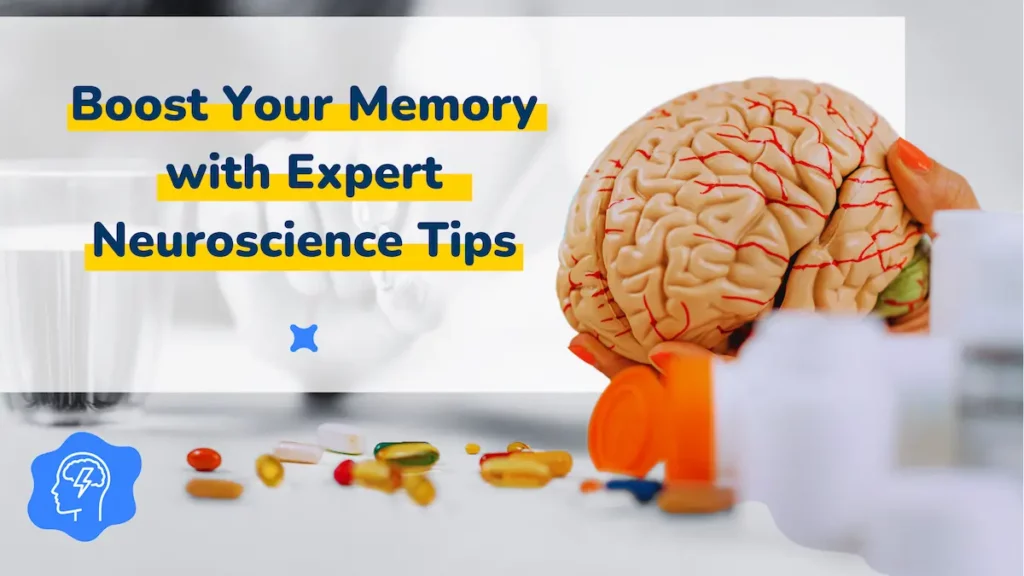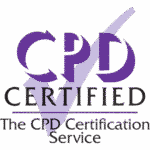Memory is a vital cognitive function that influences learning, decision-making, and everyday activities. Neuroscience sheds light on how memory operates and how we can enhance it. By grasping the mechanisms behind memory formation, storage, and retrieval, you can adopt effective strategies to boost your memory.
Understanding Memory: A Neuroscientific View
Memory is an intricate process involving various brain regions and functions. Understanding its anatomy and the biological journey of memory formation is crucial for devising effective improvement strategies.
The Anatomy of Memory: Key Brain Areas
Hippocampus: The Memory Center
Nestled in the medial temporal lobe, the hippocampus is crucial for forming new memories and linking them to emotions and senses. It’s particularly important for spatial memory and transforming short-term memories into long-term ones.
Prefrontal Cortex: Executive Functions and Memory
The prefrontal cortex is involved in complex cognitive behaviours, personality expression, decision-making, and social behaviour moderation. It’s essential for working memory, which allows us to hold and manipulate information briefly.
Amygdala: Emotional Memory Storage
The amygdala handles emotions and is pivotal in storing and recalling emotional memories. It especially helps us prioritise emotionally significant memories, making them easier to remember.
Memory Formation: The Biological Journey
Memory formation is a dynamic process that includes encoding, storage, and retrieval. Each stage is essential for creating and recalling memories.
Encoding: The Initial Phase
Encoding converts sensory input into a format the brain can store. In order to make encoding effective, which is crucial for strong memory formation, we need techniques like attention, association, and visualisation.
Storage: Keeping Information Safe
Once encoded, information must be stored in the brain. This involves maintaining the encoded data over time, which can be improved through repetition and mnemonic devices.
Retrieval: Accessing Memories
Retrieval is about accessing stored information when needed. As you can imagine from what mentioned above, successful retrieval depends on how well the information was encoded and stored, hence why techniques like spaced repetition and retrieval practice can greatly enhance this process.
Neuroscience-Based Strategies to Improve Memory
Leveraging neuroscience, several strategies can significantly boost memory and cognitive functions.
Engage in Regular Physical Exercise
Exercise boosts brain blood flow and promotes new neural connections. Activities like aerobics, strength training, and yoga are known to improve memory.
Maintain a Healthy Diet
Eating a diet rich in antioxidants, healthy fats, and nutrients benefits brain health and memory. Foods like blueberries, fatty fish, nuts, and seeds are particularly helpful.
Get Adequate Sleep
Sleep is vital for memory consolidation. During sleep, the brain processes and stores the day’s information. Aim for 7-9 hours of quality sleep each night to support memory.
Practice Mindfulness and Meditation
Mindfulness, meditation and breathing exercises reduce stress and improve attention, enhancing memory. These practices also encourage neuroplasticity, the brain’s ability to reorganise itself.
Use Mnemonic Devices
Mnemonics help encode information more effectively. Techniques like acronyms, visualisation, and the method of loci make recalling information easier.
Cognitive Training and Lifestyle Habits
Beyond basic strategies, adopting specific habits and engaging in cognitive training can further enhance memory.
Engage in Cognitive Training
Brain exercises and puzzles, such as crosswords, Sudoku, and memory games, stimulate cognitive function and seem to improve memory. Regular mental challenges strengthen neural connections and cognitive reserve.
Practice Retrieval Techniques
Active retrieval, like self-testing, enhances recall ability. Spacing out retrieval sessions (spaced repetition) improves long-term memory retention.
Stay Socially Active
Social interactions boost cognitive function and memory. Conversations, group activities, and maintaining relationships keep the brain active and healthy.
Reduce Chronic Stress
Chronic stress impairs memory and cognitive function. Techniques like deep breathing, yoga, and hobbies help manage stress levels.
Pursue Lifelong Learning
Continuously learning new skills and knowledge keeps the brain engaged and improves memory. Taking classes, reading, or learning a new language keeps your brain active.
The Future of Memory Enhancement: Technological Advances
Emerging technologies offer new avenues for memory improvement, promising innovative solutions for cognitive enhancement.
Neurofeedback
Neurofeedback uses real-time brain activity monitoring to teach self-regulation of brain function, showing promise in enhancing attention and memory.
Brain Stimulation
Techniques like transcranial magnetic stimulation (TMS) and transcranial direct current stimulation (tDCS) are being explored for their potential to boost cognitive functions, including memory.
Digital Cognitive Training
Computerised cognitive training programmes and apps offer a range of brain exercises designed to improve memory and other cognitive skills, providing personalised and adaptive training based on individual performance.
Neuroscience and Brain Training
Enhancing memory is a multifaceted process rooted in understanding neuroscience and applying effective strategies. By incorporating physical exercise, a healthy diet, adequate sleep, mindfulness, cognitive training, and social engagement into your routine, you can boost your memory and cognitive function.
Personalised Cognitive Training
Adding techniques learned at inGeniusly can further enhance the effectiveness of the memory-boosting tips shared in this article. inGeniusly offers advanced methods and personalised approaches that complement the strategies discussed, providing a comprehensive framework for memory improvement. These techniques are rooted in the latest research and practical applications of neuroscience, ensuring that each individual’s unique cognitive profile is taken into account.
Cognitive Training and Lifestyle
By incorporating the expert guidance and innovative training programmes from inGeniusly, you can maximise the benefits of physical exercise, healthy diet, adequate sleep, mindfulness practices, and social engagement, leading to a more robust and resilient memory system. inGeniusly’s resources enable you to harness the full potential of your brain’s capabilities, ultimately enhancing your cognitive function and overall mental well-being.
FAQs
What are the best foods for improving memory?
Foods rich in antioxidants, healthy fats, and nutrients, such as blueberries, fatty fish, nuts, and seeds, are excellent for brain health and memory.
How does exercise benefit memory?
Exercise increases blood flow to the brain and promotes the growth of new neural connections, enhancing memory and cognitive functions.
Can stress affect my memory?
Yes, chronic stress can impair memory and cognitive function. Managing stress through techniques like deep breathing, yoga, and hobbies can help.
What role does sleep play in memory?
Sleep is crucial for memory consolidation, where the brain processes and stores information. Quality sleep supports this function.
How can mindfulness improve memory?
Mindfulness and meditation reduce stress and improve attention, which in turn enhances memory. These practices also support neuroplasticity.
What are mnemonic devices, and how do they help?
Mnemonic devices are techniques that aid memory by making information easier to encode and retrieve. Examples include acronyms, visualisation, and the method of loci.
By integrating these insights and strategies into your daily routine, you can effectively boost your memory and cognitive capabilities.







